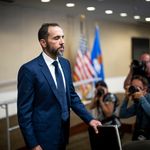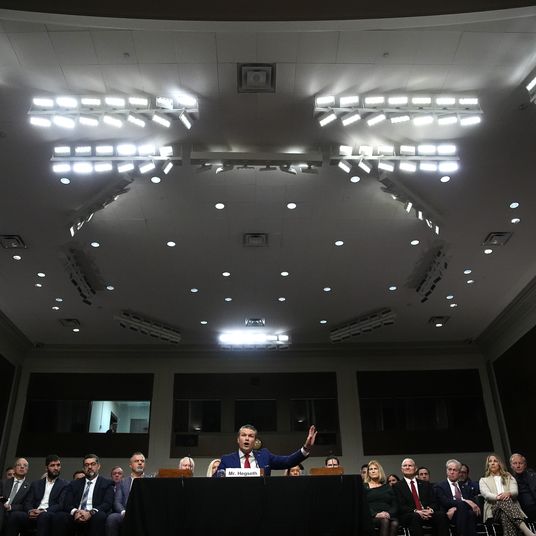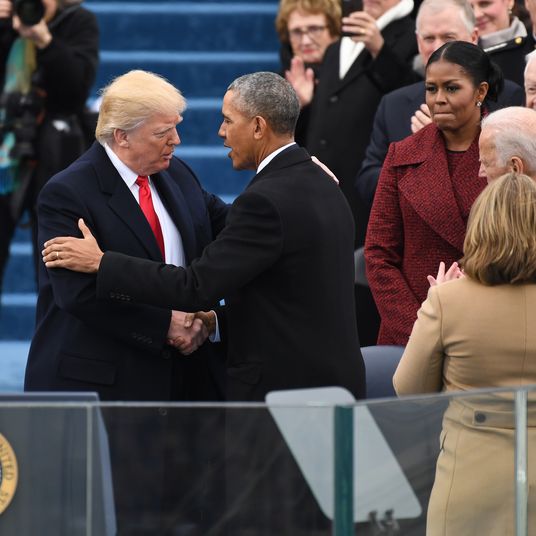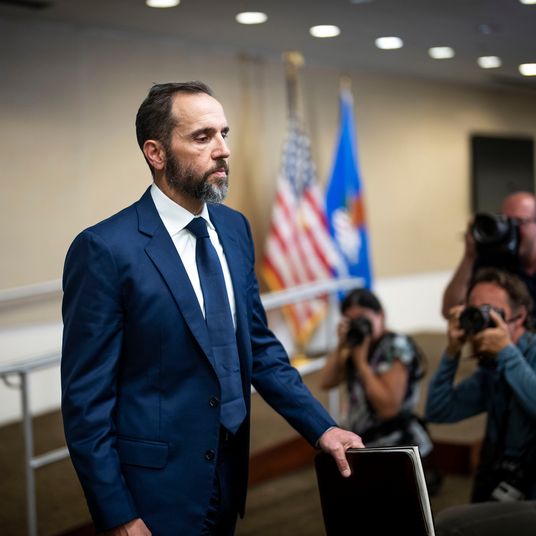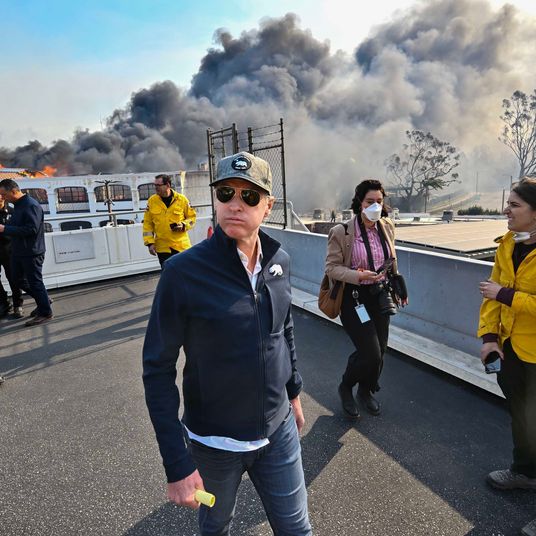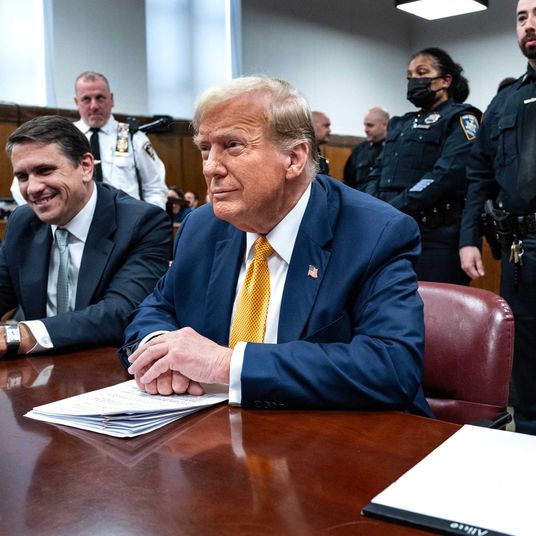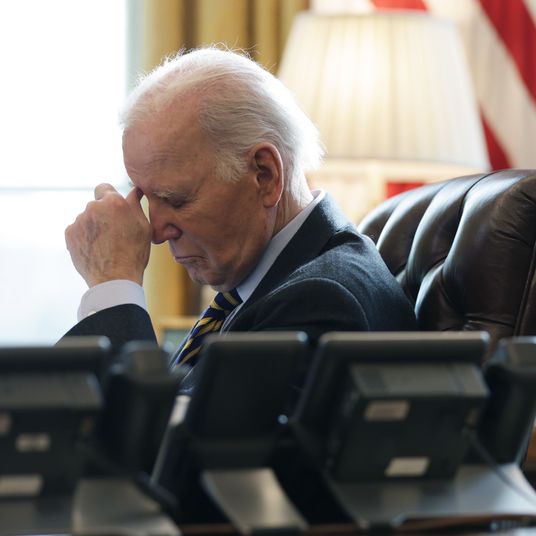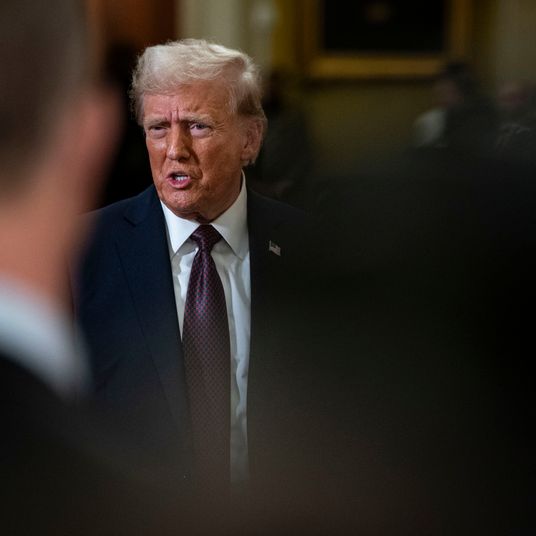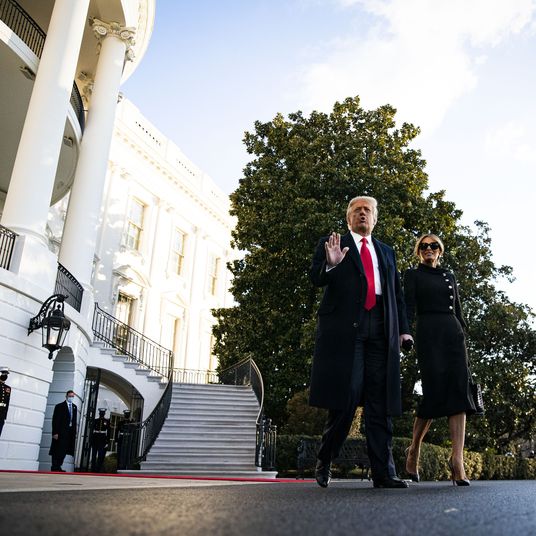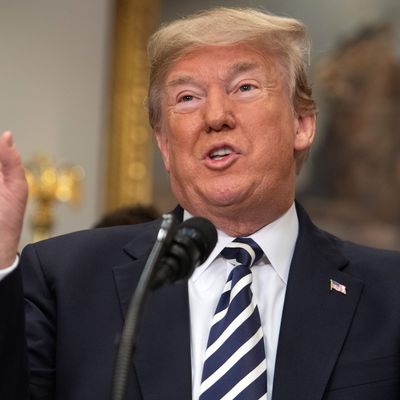
Recently, a reader asked why my columns often compare Trump administration moves to TV shows. The reason is simple — Trump’s actions often seem inexplicable or counterproductive if viewed through a traditional national security lens. Seeing them as moves to promote a media narrative often makes them easier to understand — and offers a way to predict what comes next. Trump’s reality-TV approach to foreign and domestic policy has served him well — getting him elected and keeping his base closely enough bound to him that members of his own party do little to challenge him.
In Kim Jong-un, he seemed to have found a foil — a leader whose dictatorial control makes him the star of his own propaganda movie, and whose nuclear weapons and history of aggressive acts compel his neighbors to pay attention. The initiation and run-up to the U.S.–North Korea summit, planned for June 12 in Singapore, often looked like two leaders (or three with the addition of South Korea’s President Moon, also not shy with the media) engaging in parallel propaganda exercises, with little or no regard for where, or even whether, their core interests overlapped.
The summit’s cancellation is, at one level, neither more nor less than the continuation of that parallel play. Part of President Trump’s media brilliance involves his ability to present himself to sympathetic audiences as a figure bravely, if incautiously, planting the American flag in dangerous foreign lands, taking stands where his predecessors feared to tread, especially those places the experts and inside-the-Beltway types told you not to go. And the nuclear policy experts played their part, yelling at every step of the summit process, “don’t go in there … don’t take that literally … that’s the same mistake we made last time…”
If we’re honest, many policy professionals had already written the summit off. As much as both Donald Trump and Kim Jong-un seem like one-of-a-kind characters, we had already seen this show. North Korean leaders have swung back and forth between conciliatory actions and wildly hostile rhetoric before. They have objected strenuously to military exercises conducted by the U.S. and its allies before. They have canceled high-level meetings before — as recently as Vice-President Pence’s near-miss at the Pyeongchang Olympics earlier this year. And, let’s be clear, the United States also has a record of flip-flopping, offering concessions under one administration only to backtrack under the next.
So once the initial shock cooled down, many policy wonks were unsurprised or even mildly relieved. As one academic put it to me, “I was worried about the summit failing and us going to war the next morning.”
But the thing about movies and television is that after the credits roll, we walk out the door and the world is still the same outside. In the world of international affairs, however, actions have consequences; and Trump’s strange breakup letter is likely to have some big ones.
First, the cancellation will have been a nasty jolt to our South Korean allies, and to President Moon, who has made intra-Korean rapprochement a cornerstone of his young presidency. South Korean officials suggested to the media that they were not informed by the White House in advance. South Korean officials were stunned, as the president gathered his national security team after midnight. Just three days earlier, as President Moon flew to Washington to meet with Trump, his national security adviser assured reporters the summit had a “99.9 percent chance of happening.” Moon seems likely to try to continue South Korea’s own opening to the North, which is broadly popular. As the White House convened a National Security Council meeting Thursday afternoon to discuss military stances and yet more sanctions against Pyongyang, the gap between Washington and Seoul seemed set to grow much wider.
Second, although Trump and people around him had been sounding doubtful about the summit timing for several days, North Korea also seemed to get no warning. Just hours before, two dozen outside reporters had watched from a remote location as Pyongyang claimed to demolish its underground nuclear test site. They reported that the officials with them were taken completely by surprise and left them by themselves. Security experts were aghast that reporters were left vulnerable in a country that has shown no compunction in detaining Westerners for months or years on very slight pretexts.
Although not everyone thinks the demolition actually limits the North’s nuclear expansion in any significant way, for the North to take that step and be rewarded by a hostile cancellation is a huge propaganda coup for Kim. He moved his image from flaky, violent kid to bold and innovative leader. China’s government reconciled with him and received him publicly twice since the summit announcement. South Korea made moves toward improving ties that will be hard to roll back. And with Kim’s gain in legitimacy, his country’s nuclear weapons gain a certain legitimacy as well. The goals of denuclearizing, or even of getting the program acknowledged and under international safeguards, get further away.
Another objective that receded today was making a productive deal with China on either security or economic issues. Remember just last weekend the administration announced a framework deal with Beijing that contained no concrete progress on gaining market access for U.S. goods and firms, no relief on Chinese dumping in the U.S. … but did suspend new tariffs on Beijing until after the June 12 summit? Given the angry responses from Chinese media outlets, it doesn’t appear that their government received a heads-up on the summit cancellation either. Now the administration will need to go back to pressuring Beijing to do more on sanctioning Pyongyang — even as it will have to beg for economic concessions. Leverage wasted.
Some optimists argued that a summit that was canceled over words could just as easily be put back on. After all, the infamous commemorative coins that the White House had already had minted to celebrate the event give only a year, not a date. But as Trump followed up the odd threat in his cancellation letter — “You talk about your nuclear capabilities, but ours are so massive and powerful I pray to God they will never be used” — with afternoon threats from the White House, it seemed more reasonable to assume that we are headed back toward a spiral of threatening rhetoric and military posturing. Kim-watchers worried he might feel the need to do something to restore a sense of initiative, while White House–watchers feared a move toward the “preventive war” National Security Adviser John Bolton is on the record favoring. And war on the peninsula, with a predicted 300,000 Korean casualties in the opening days alone, even if nuclear weapons were not used — plus the deaths of American soldiers, plus the prospect of a nuclear launch — is decidedly real life, not a movie.



